How to Adjust to Wearing Dentures

Introduction
Transitioning to wearing dentures introduces a novel experience, akin to starting an unfamiliar yet exciting chapter in life. While the road to adaptation is paved with challenges, such as discomfort and handling daily activities like eating and speaking differently, rest assured that you are not alone. This article provides essential guidance and practical advice to navigate the adjustment period with confidence, ensuring that the journey to comfortable denture use is as smooth as possible.
First-Time Experiences With Dentures

What can I expect when wearing dentures for the first time?
When you first wear dentures, it’s typical to experience a period of adjustment. Initially, they may feel bulky or strange in your mouth. You are likely to experience some soreness, especially in the days following placement, as the dentures apply pressure on your gums. Increased saliva production is also common, and this can be managed by sipping water throughout the day.
Importance of soft foods and practice speaking
During this adjustment phase, it's essential to start with soft foods like mashed potatoes, applesauce, and pudding. These options are easier on sore gums and can help you adapt to chewing with the new dentures. Additionally, practicing speaking by reading aloud or singing can enhance your comfort level with pronunciation as your mouth learns to position itself around the dentures.
Common issues like sore spots and increased saliva
Sore spots may develop where the dentures press against the gums, leading to discomfort. If soreness persists, consulting with your dentist for adjustments is crucial. Similarly, an increase in saliva production is expected, typically resolving as your mouth adapts. Through patience and regular practice, enjoying meals and communicating clearly with dentures will become more comfortable.
Easing Into the Transition

How can I make my dentures easier to adjust to?
To ease the transition to wearing dentures, practice reading aloud. This helps with speech clarity and reduces any potential lisping. Increased saliva production and initial mouth soreness are common; rest assured, these feelings will improve as your mouth adapts.
Hydration plays a crucial role in comfort while wearing dentures. Ensure you keep your dentures moist when not in use by soaking them in water or a denture cleanser. Daily brushing of your dentures is essential to prevent plaque buildup, which can lead to unpleasant odors. Don’t neglect your gums and tongue; maintaining good oral hygiene is vital for overall health.
If you experience denture slippage, take a moment to gently bite down and swallow. This can help reposition your dentures. If they continue to move out of place, consult your dentist for adjustments to improve the fit. With time, patience, and practice, you'll learn to navigate eating and speaking with confidence.
Timeline to Comfort and Adaptation

How long does it usually take to adjust to dentures?
Adjusting to dentures typically takes most patients around 30 days to feel comfortable. During this adjustment period, you might encounter challenges with eating and speaking, and getting used to the overall presence of the dentures in your mouth. It’s not uncommon to experience some soreness or irritation in the first few weeks as your mouth learns to adapt. To ease these feelings, regular follow-ups with your dentist for necessary adjustments are crucial.
Expected progression in eating and speaking
- Week 1: Start with soft foods like pudding, mashed potatoes, and applesauce. This helps your gums adjust without additional pressure.
- Week 2: You may notice sore spots where the dentures press against your gums. Warm salt water rinses can provide relief, and it may be time to visit your dentist if soreness persists.
- Week 3: Speaking should start to improve; practicing reading aloud can help enhance pronunciation.
- Week 4: Most individuals should comfortably eat a wider variety of foods and speak more naturally.
Importance of patience and practice
Keep in mind that patience is critical. Your mouth, gums, and jaw need time to adapt to the dentures. Regular practice in speaking and eating at home can significantly reduce discomfort and help you build confidence. Remember to maintain communication with your dental provider for ongoing support through this transition.
Returning to a Normal Diet With Confidence

Overcoming Initial Eating Challenges
Getting used to eating with dentures can be tricky at first. Many new wearers experience discomfort and a feeling of clumsiness when they try to chew. It's essential to start with small, soft foods like mashed potatoes, applesauce, and pudding. These options are easier on the gums, which may still be healing from extractions or adjustments.
Transitioning from Soft to Regular Foods
As the adjustment period progresses, typically over 30 days, new denture wearers should gradually introduce firmer foods into their diet. It's a good idea to take small bites and focus on chewing evenly on both sides of the mouth. This helps minimize pressure on any sore spots and avoids loosening the dentures, allowing for better adaptation to the new eating process. Foods like cooked vegetables and soft beans can aid in this transition.
Techniques for Comfortable Chewing
To improve the chewing experience, practice techniques such as chewing with the back teeth and avoiding sticky or hard foods entirely, as these can cause the dentures to dislodge. Strengthening the cheek muscles through exercises, like exaggerated smiling, can also aid in control while eating. Remember, while the sensation of chewing may feel odd initially, it gradually becomes part of the normal experience, allowing denture wearers to enjoy meals more confidently.
| Topic | Key Recommendation | Details |
|---|---|---|
| Initial Food Choices | Start with soft foods | Mashed potatoes, applesauce, puddings |
| Transitioning Foods | Gradually add firmer options | Cooked vegetables, soft beans |
| Chewing Techniques | Chew with back teeth, avoid hard foods | Practice biting technique for stability |
Keeping Calm and Relaxed
How can I relax my mouth while wearing dentures?
To relax your mouth while wearing dentures, begin with simple mouth stretching exercises. Open your mouth wide and hold for a few seconds, then relax your jaw and facial muscles. Incorporating gentle jaw movements—like moving your jaw up and down—can prevent dentures from slipping and improve speech clarity.
Improving speech clarity
Strengthening the muscles in your lips, cheeks, and tongue through targeted exercises enhances coordination, which is essential for effective communication. You can practice speaking slowly and use tongue twisters to boost articulation while wearing dentures.
Benefits of facial relaxation
In addition to these exercises, relaxation methods such as deep breathing can lower anxiety levels, making it easier to articulate words clearly. Feeling relaxed can significantly enhance your confidence and comfort while adjusting to your new dentures.
Adjustments and Managing Discomfort

Signs dentures need adjustment
New denture wearers often experience discomfort as the mouth adjusts to the new appliance. Signs that you may need adjustments include:
- Persistent soreness in the gums
- Excessive salivation that doesn’t decrease over time
- Dentures feeling loose or moving out of place during normal activities
If these symptoms persist, it’s important to consult a dental professional for an evaluation.
Techniques to manage soreness and irritation
Managing soreness during the adjustment period can be tackled with a few simple techniques:
- Warm salt water rinses can soothe inflamed gums.
- Gum massage can enhance blood circulation and reduce irritation.
- Using dental creams or topical ointments might provide temporary relief.
Additionally, sticking to soft foods like pudding or mashed potatoes can help minimize discomfort when eating.
Role of professional guidance in adjustments
Regular visits to your dentist are crucial during the initial phases of wearing dentures. They can provide the necessary adjustments to ensure a proper fit, alleviating discomfort.
If irritation persists or worsens, it's advised to seek professional guidance rather than attempting to make adjustments at home, which can lead to complications.
Taking care of your oral hygiene and following your dentist's recommendations will support a smoother adjustment period.
Conclusion
Adapting to life with dentures, while initially daunting, paves the way for renewed confidence in daily activities. The journey is unique to each individual, yet common themes highlight the importance of patience, practice, and professional support. Regular communication with your dental professional ensures adjustments and improvements are made for optimal comfort. By embracing the transition with informed strategies on handling dentures, wearers can look forward to a healthier and more comfortable oral experience.
References
- Five Tips For Getting Used To Dentures - Colgate
- 6 Tips for Getting Used to Wearing Dentures FASTER
- How to Adjust Faster to New Dentures - Rancho San Diego Dental
- What Your Dentist Wants You to Know About Adjusting to New ...
- 5 Tips for First-Time Denture Wearers - Advance Dental
- Adjusting to Life with Dentures - Grace Dental Group
- A Dentist Offers Tips for Adjusting to New Dentures
- 3 Signs Your Dentures Need an Adjustment - Austin Primary Dental
- 4 Tips for Adjusting to Life with Dentures - McCarthy Dentistry
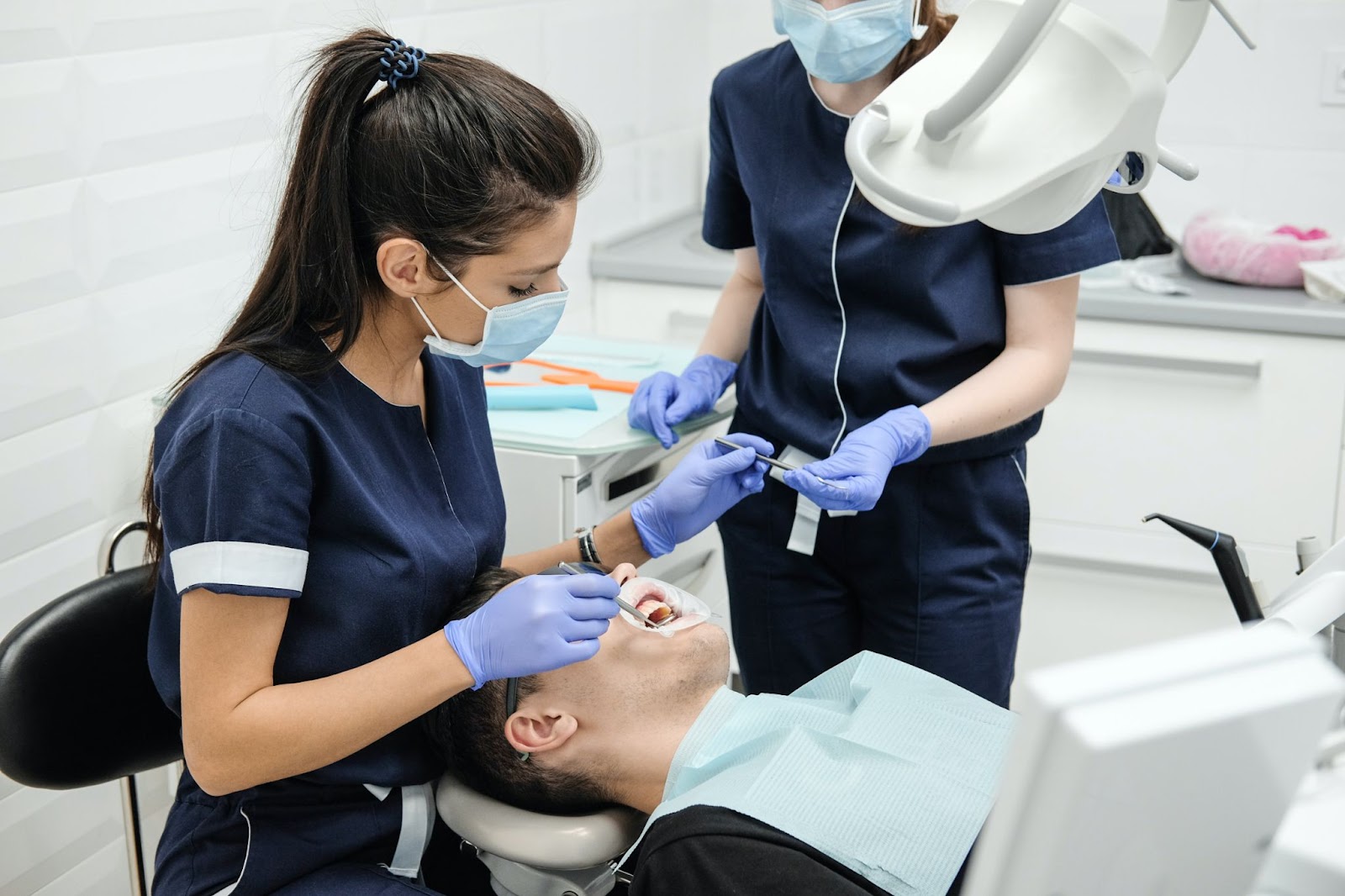





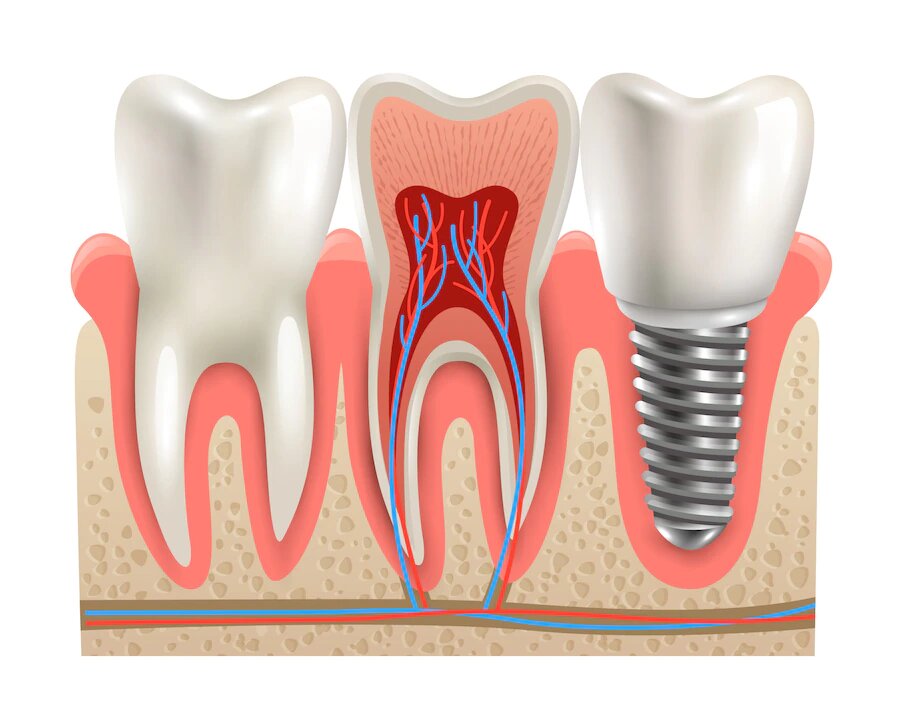










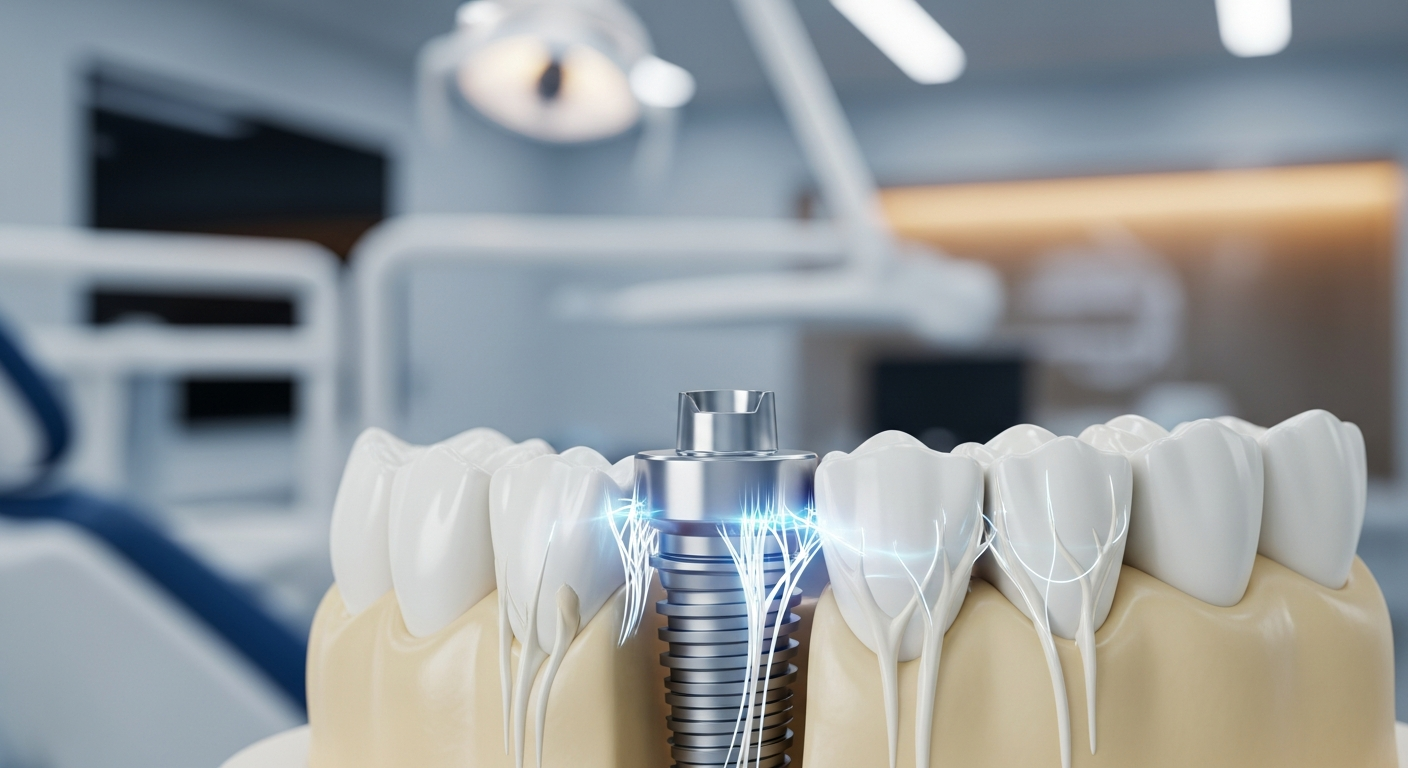






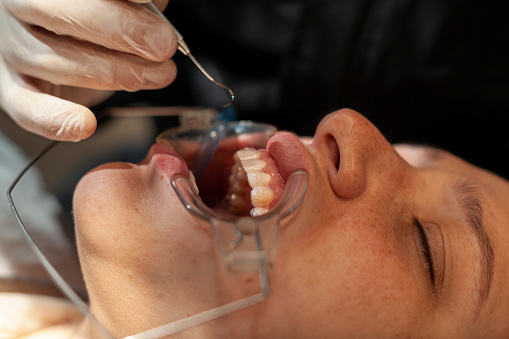

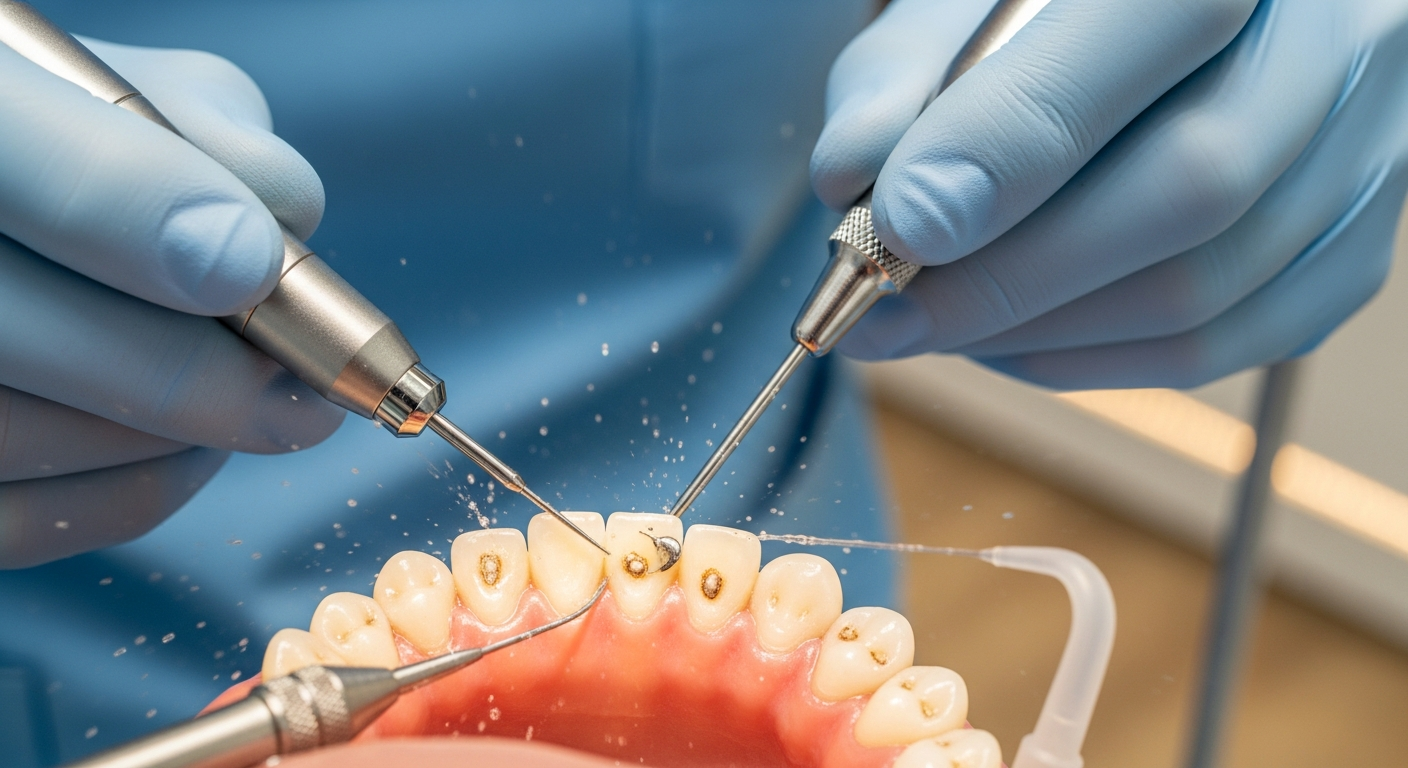


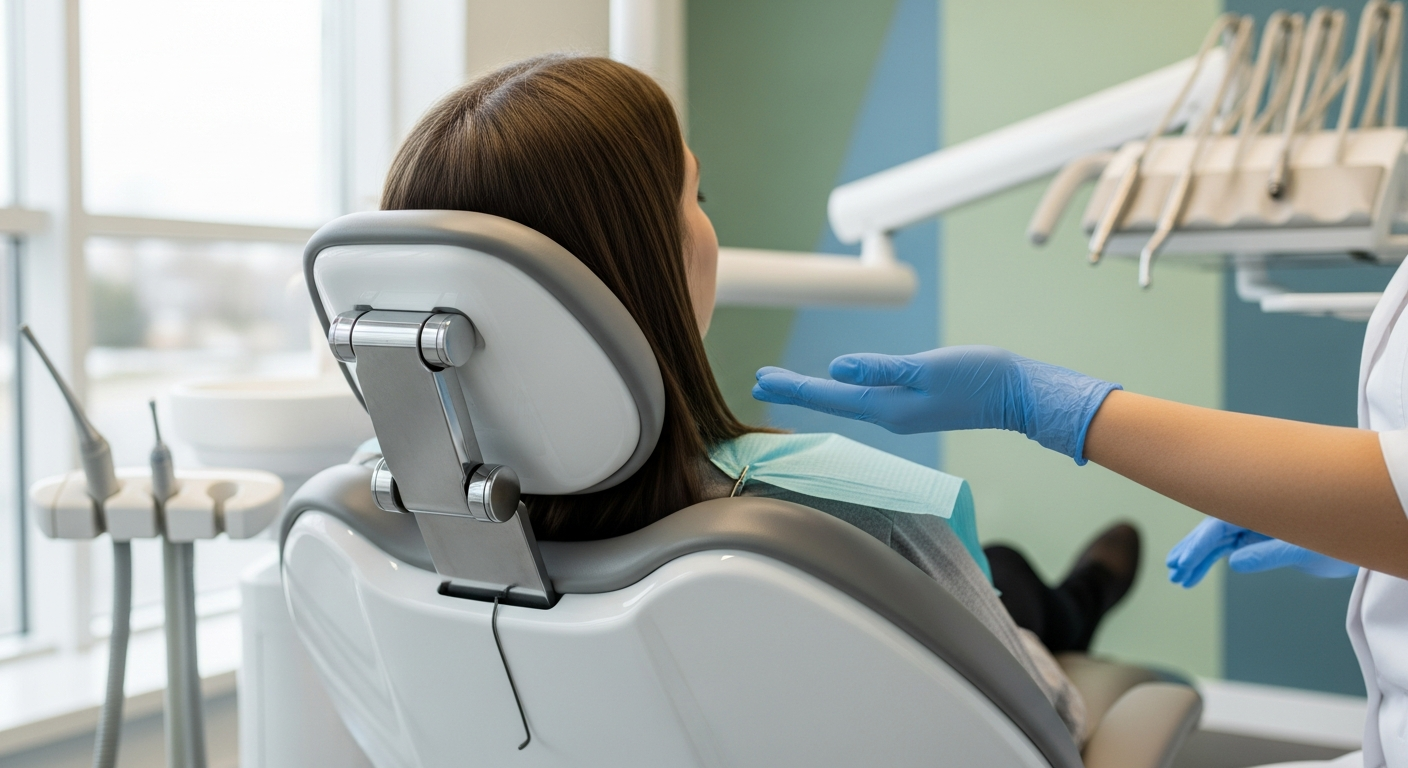


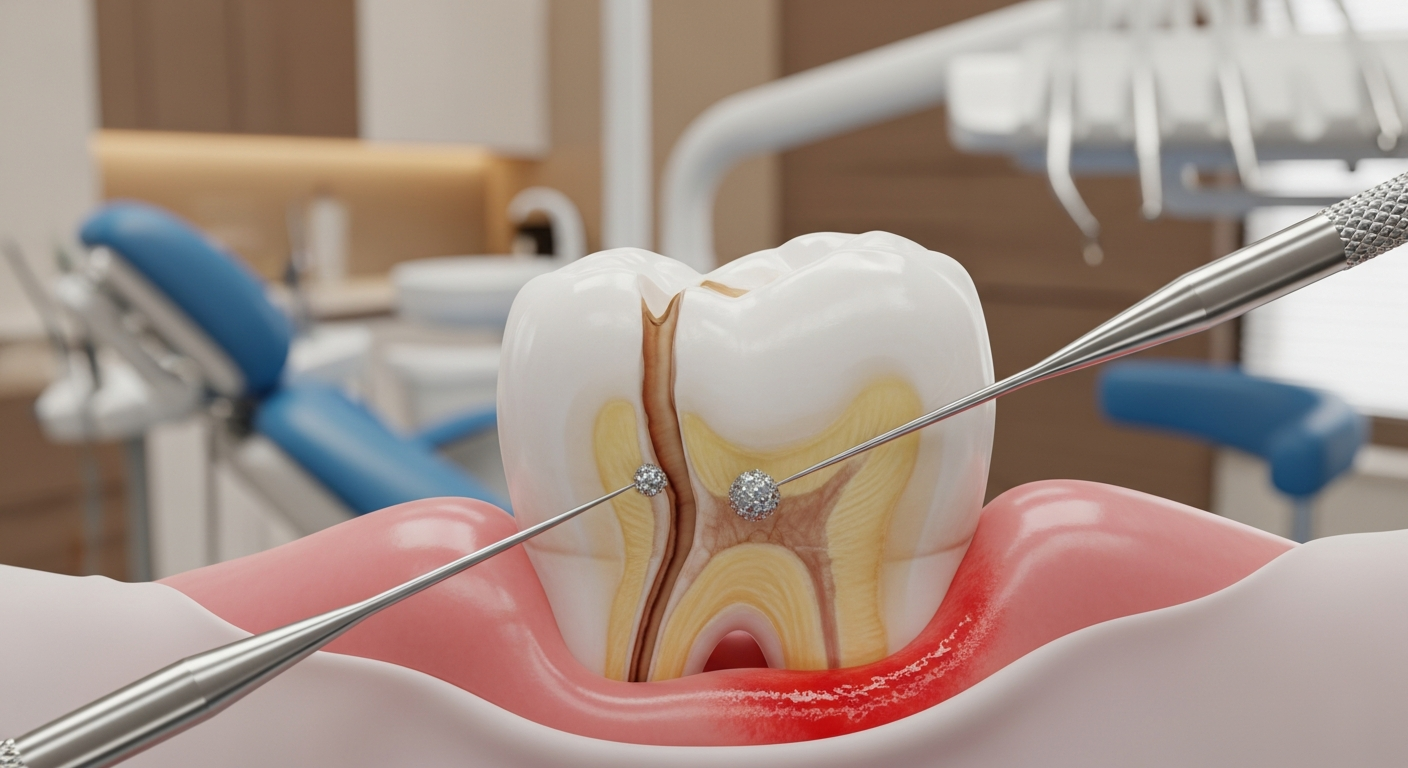




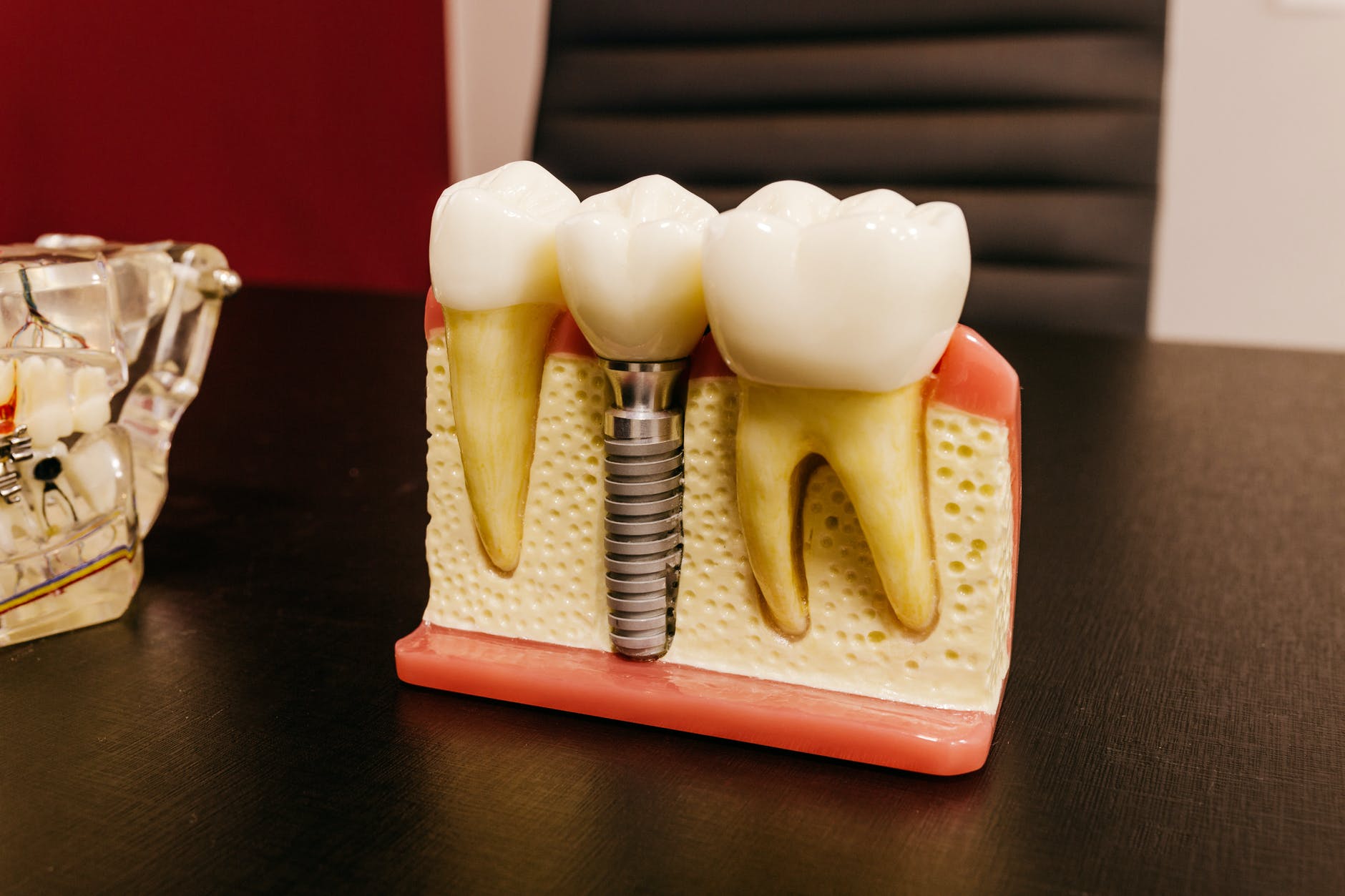


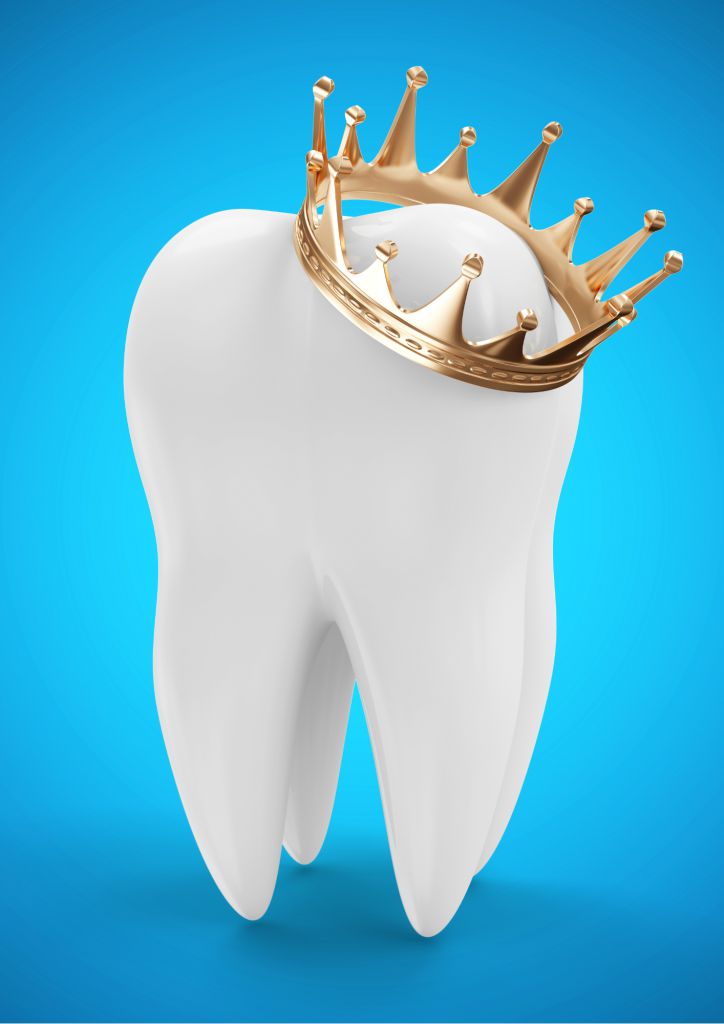







.avif)








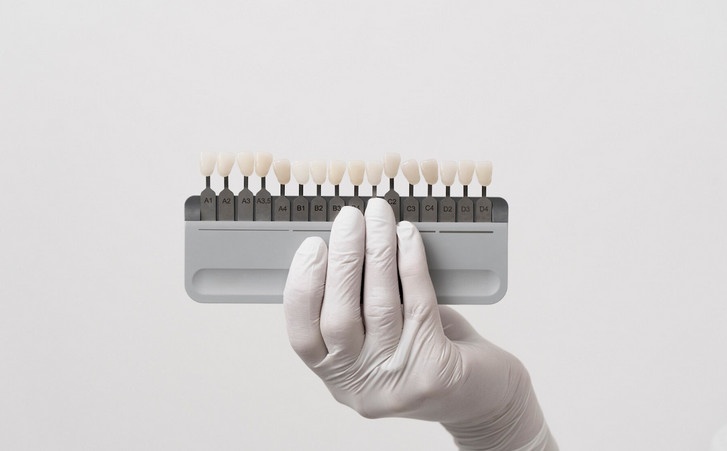

.jpg)


















.avif)


















.jpg)



